A California police officer overdosed on stolen fentanyl. Facing charges, he wants his story told.
Officer Claudiu Murzea inhaled a line of powdered fentanyl in the police department's gym during a shift late on a May night and was surprised it didn't kill him.
So, he said, he did a second. That line sent a flush of heat over him as he walked outside and quickly lost consciousness in the department's parking lot.
A colleague later found him, and he was rushed to a medical center.
The nine-year veteran of the Cathedral City, California, police force, who was named officer of the year in 2015, says he was suicidal and acknowledges he took the drugs from a suspect hours earlier during an arrest. But what legal consequences the fired officer should face — and whether he should be eligible to "retire" from the force or even continue to work in law enforcement — remain open questions.
Cathedral City Police Chief George Crum said that he fired Murzea in July "based on his actions that night."
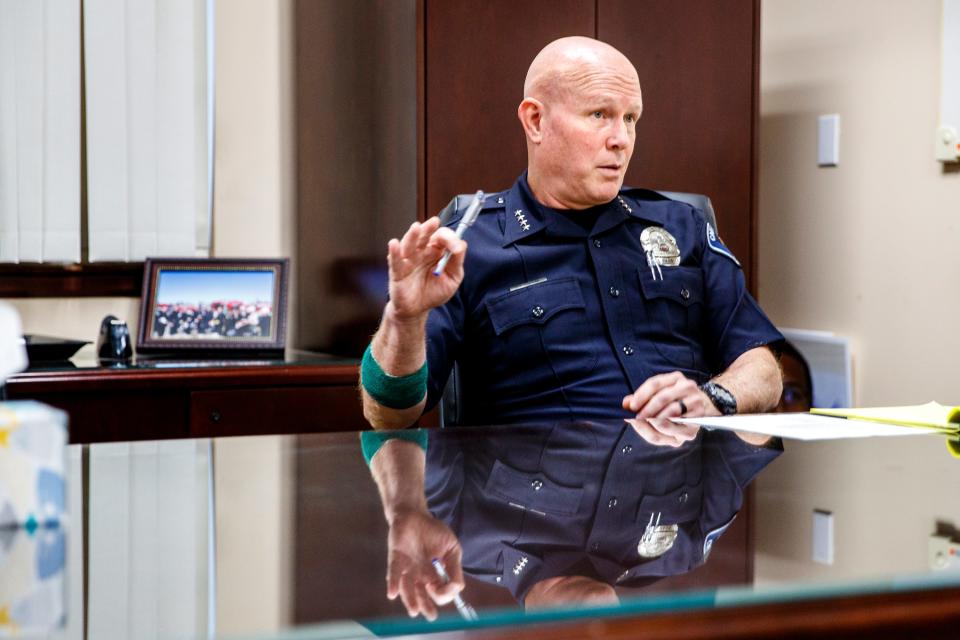
This month, the Riverside County District Attorney's Office charged Murzea with stealing the evidence and being in possession of a controlled substance — three misdemeanors in all — after a four-month investigation by the sheriff's department.
In an interview with The Desert Sun, Murzea said he began struggling with substance abuse issues after years of trauma on the job began to haunt him. The 45-year-old said that his requests for counseling led to ridicule by his bosses and colleagues and that he took the synthetic opiate with hours left on his shift expecting to die.
"Two sheriff's investigators showed up at my hospital bed," Murzea said, as he described being questioned that night during what he knew from professional experience to be a criminal investigation. "I told them: I took the fentanyl to take my own life."
After being fired, Murzea opened a worker's compensation claim and is fighting for his ability to retire from the department, claiming that a paper trail proves he didn't get the support he needed and deserved.
"Everybody knew what I was going through, for nine years," Murzea said. "All they want is to say I stole drugs and I did them. They threatened me when I asked to go to counseling. They took my career from me."
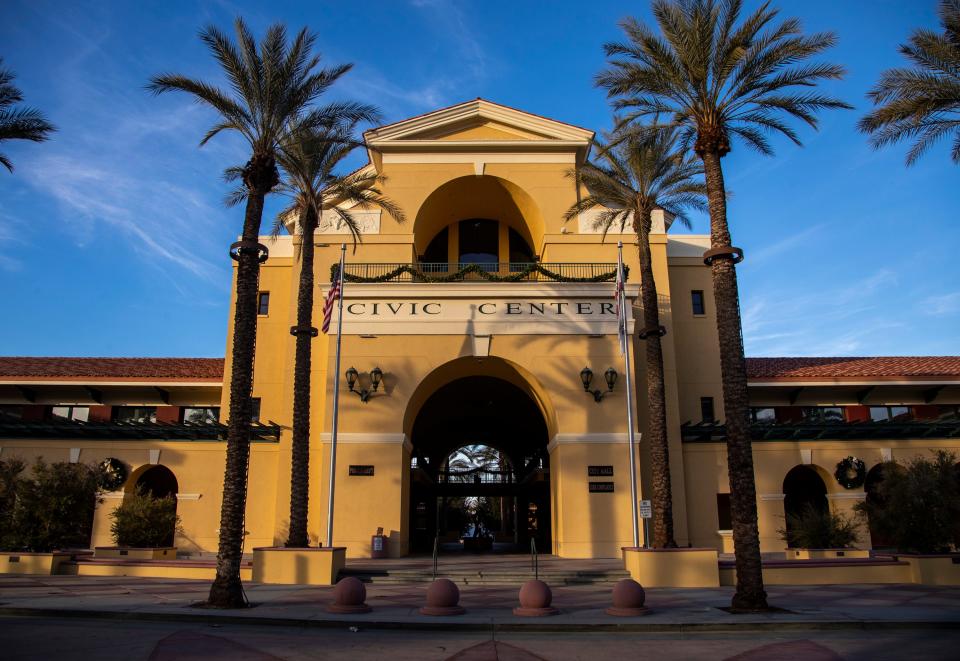
The case against Murzea
Riverside County Sheriff's Investigator Grant Grasso filed an arrest warrant for Murzea this month.
On May 10, Murzea was dispatched to a hotel room at the Homewood Suites in Cathedral City for a probation search of a man, Joshua Barricklow, who was staying there. Murzea removed Barricklow and another man from the room and watched them while other officers conducted a search, according to the warrant.
In the room, police found fentanyl, in both pill and powdered form, methamphetamine and a firearm, Grasso wrote in the arrest warrant. Barricklow was arrested and has been charged with possessing a controlled substance while armed and other felonies.
About two hours later, Murzea was found behind the police station unconscious, according to the warrant. He was taken to Eisenhower Medical Center, where a nurse found powdered fentanyl in his wallet. A toxicology report later found Murzea had fentanyl and other substances in his blood.
Grasso had the bag analyzed and results showed it had DNA from both Barricklow and Murzea, he wrote. Barricklow later told him during an interview at the John Benoit Detention Center in Indio, California, that he had fentanyl in his pocket when he was taken out of the hotel room. But records showed it was never booked into evidence.
"Police reports and interviews that I reviewed didn't indicate any drugs being recovered from Joshua's person," Grasso wrote.
A game-changing drug
Riverside County District Attorney Mike Hestrin has taken a hard line on enforcing laws related to synthetic opioid dealing. Hestrin and Orange County DA Todd Spitzer announced during a press conference last year that they would seek murder charges in their respective counties against people suspected of dealing drugs leading to death after a previous drug conviction.
"Fentanyl has changed the entire nature of drug use and drug dealing,'' Hestrin said during the press conference last year.
Fentanyl is a synthetic opioid about 50 times stronger than heroin that has driven a dramatic increase in overdose deaths in recent years, according to the Centers for Disease Control and Prevention. The number of people who have died of synthetic opioid overdose in California has surged from about 500 in 2017 to more than 4,000 in 2020, according to the most recent CDC data.
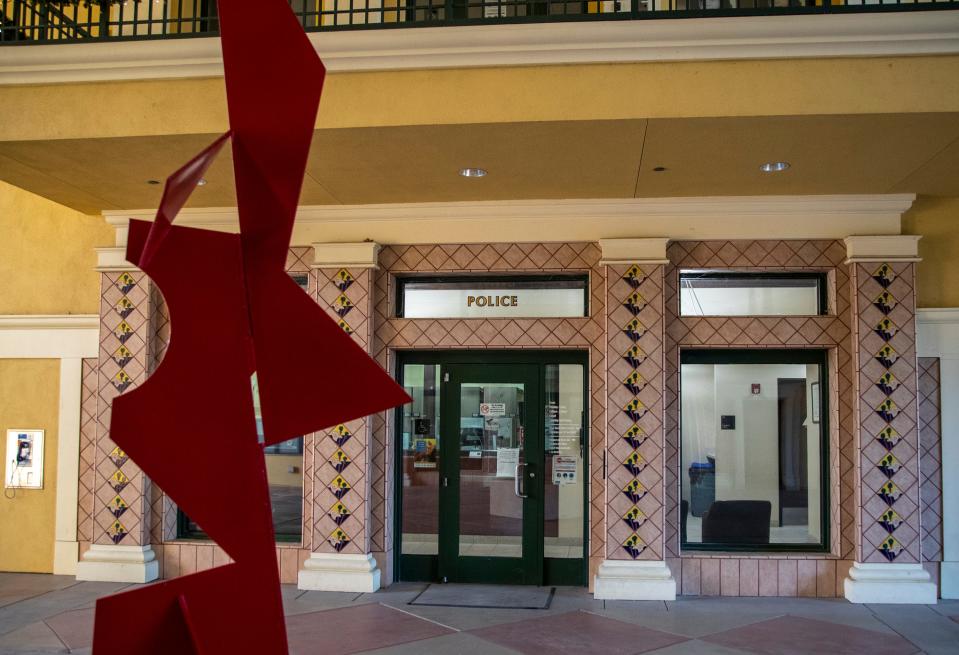
Fentanyl has also contributed to the record number of deaths of people incarcerated in the county's jails. The Desert Sun reported that five people died of drug overdoses in jail last year, tying the county's 15-year high of such deaths. The jail system has also seen 18 people die in custody this year, the most of any year on record.
Grasso's arrest warrant cites that Murzea was being investigated for a violation of California Penal Code section 141(b), which establishes that a police officer should be charged with a felony if it is found they concealed evidence. But it most often applies in cases where evidence is planted or is intended to influence a criminal case against another person.
The charges filed with the DA's office instead include one count of Penal Code 135, a misdemeanor, which applies to cases where a person conceals or destroys evidence during an investigation. While section 141 specifically addresses police officers and the responsibilities they have to maintain the integrity of evidence, section 135 does not.
Mieke ter Poorten, a criminal defense attorney who practices around the nation, said that if Murzea filed a police report containing false information in connection with the investigation, he could be charged with either a misdemeanor or felony.
For Murzea, the difference between the charges has significant implications not only for what potential sentence he could face but also for his ongoing employment dispute. California does not permit people with a felony history to be police officers.
The Desert Sun previously contributed to an investigation of how 630 police officers had been convicted of misdemeanors in the last decade. That study found that many officers charged with felonies were able to plead their cases down to misdemeanors and continue working in law enforcement.
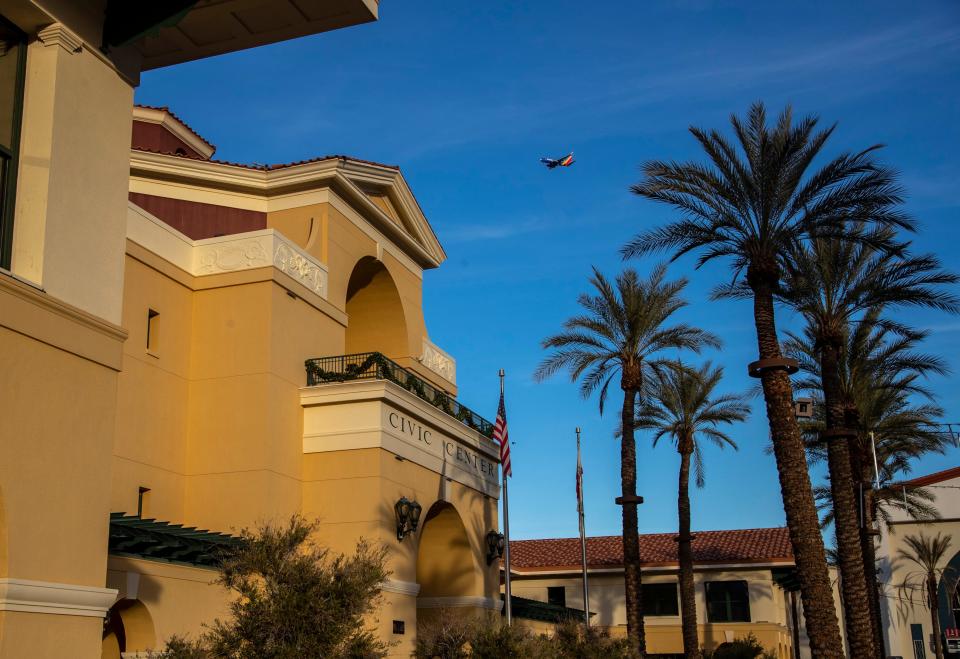
"We review all cases submitted to us to determine what charges, if any, are supported by the evidence," said DA Director of Communications Amy McKenzie. "We cannot give any comments regarding the charging decisions in this case, as it is still active."
The DA's office declined to address whether the criminal case against Murzea might affect any cases that Murzea has been involved in investigating since he joined the Cathedral City force in 2013, or ones currently being litigated.
Prosecutors are required to tell defendants of any possibly favorable evidence that could influence their ability to defend themselves. The requirement, established by the U.S. Supreme Court decision in Brady V. Maryland, extends to the police officers involved in the investigation as well. Defendants would have to be notified of a conviction undermining a police officer's credibility as a witness or a member of the prosecution's team. And it could call into question cases already resolved, depending on the role the officer played.
"The real concern is how many serious felony cases could be jeopardized by his conviction," said ter Poorten.
Crum said that Murzea had never been investigated before for any allegations regarding the integrity of evidence or reports and no other officers were investigated in connection with the overdose.
Last year, California Gov. Gavin Newsom signed into law a new process for decertifying police for misdeeds such as excessive force, sexual misconduct and dishonesty. Crum said that Murzea's case will be reported to the state by the law's reporting deadline in January.
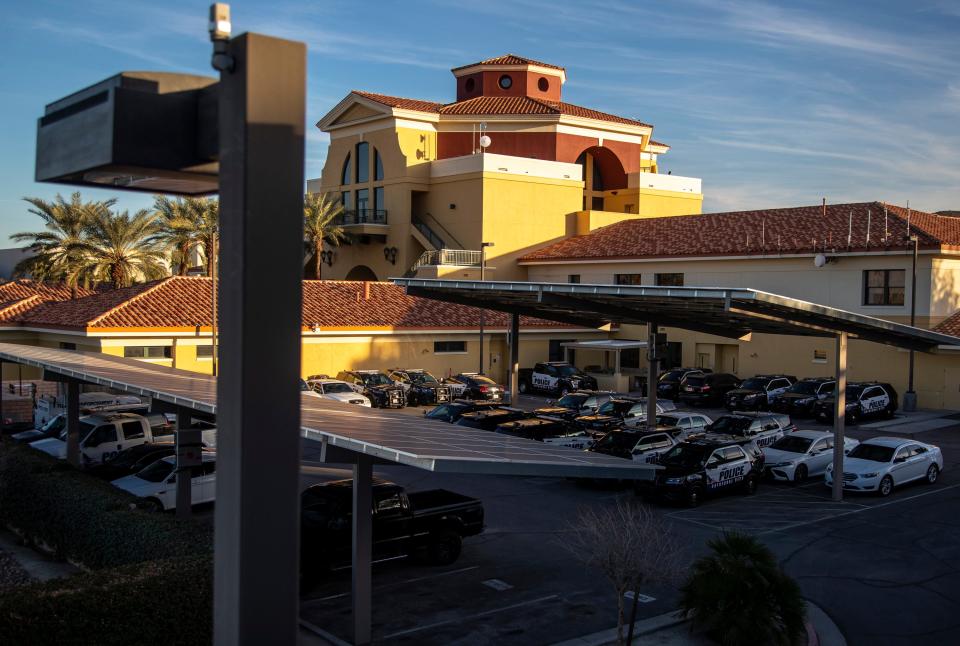
'I don't know how I survived'
Murzea remembers well the shift during which he accompanied a team to the Cathedral City hotel room where he found an envelope with fentanyl inside. What made him pocket it, he said, started a long time before.
Murzea said he'd seen some terrible things over the nine years he'd been a police officer and throughout "a hard life" he had lived. The day before the May 10 shift, he said, he attended the funerals of family friends who died in an automobile accident.
"I was numb," he said. And the growing disquiet that had been gnawing at him kept returning him to the same thought: "I couldn't do the job anymore."
Murzea shared documents with The Desert Sun that outline a series of workplace disputes that date back to when Travis Walker was chief. After two years on the job, Walker resigned from the department in 2019 amid accusations he sexually assaulted a department dispatcher. He later became chief of the Santa Paula Police Department, and recently resigned after being accused of additional cases of such misconduct there.
Earliest among Murzea's documents is a department memorandum apparently sent by Walker in 2017, notifying Murzea that he was being placed on administrative leave after a counseling team suggested he could be unfit for duty. Another letter Murzea produced appears to say that the counseling team did not make that recommendation. He claims Walker falsified the document and was retaliating against him for a string of conflicts involving other department leaders.
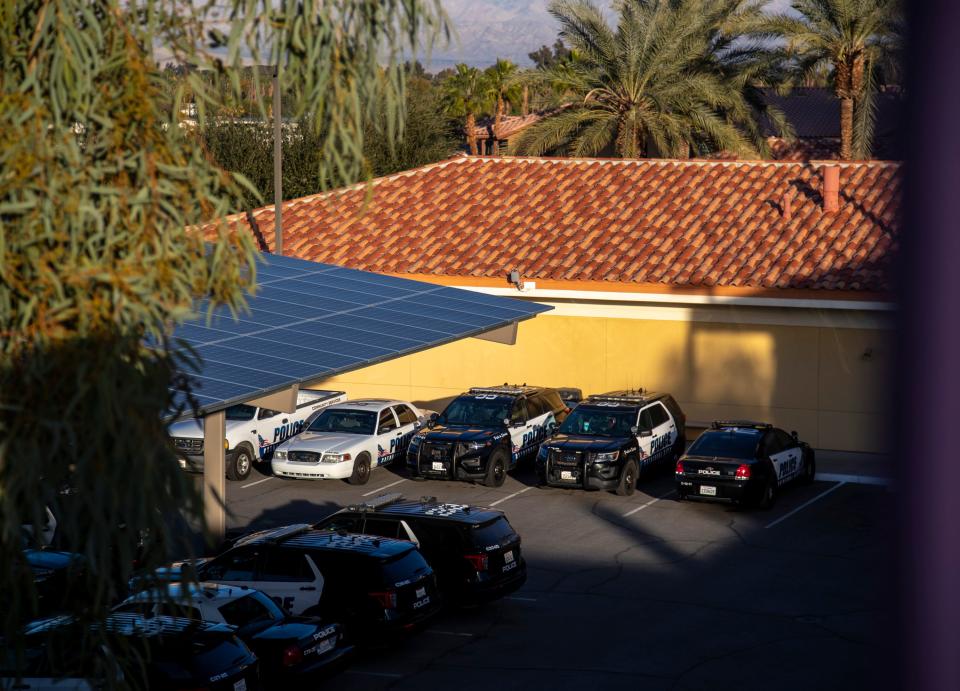
"I was bullied," Murzea said when speaking of his trouble at the department. "The chief threatened me when I asked to go to counseling, saying how dare I air the department's dirty laundry to a counselor."
Murzea said the department's leadership gave him a book on how to survive law enforcement, and left it at that.
But his difficulty with coping with the violence of the job persisted, and he found other ways to deal with it. He sought a counselor independently from the department, and when not busy on shift spent time in the department's gym to keep his head clear.
Substance abuse also became a way to cope. Although he wouldn't say for how long he had been using drugs while a police officer, Murzea said he had taken several substances in addition to fentanyl the day he overdosed. The Cathedral City police department doesn't have a policy for required drug testing of its officers after being hired, which is not uncommon among the Coachella Valley's departments.
Murzea said he remembered taking the two men out of the hotel room and questioning them while the other officers were searching inside. He said he found the envelope of fentanyl, but wouldn't say where, and pocketed it.
He had no reason to believe other officers had noticed and when the call wrapped up, he went to the gym like he had done so many times before.
Murzea had difficulty describing his state of mind leading up to the overdose, stating he took the drug and everything went black.
He recalls regaining consciousness on a stretcher, and said he had been revived by Narcan, a rapid treatment for opiate overdose. He remembers seeing his coworkers looking at him with alarm, adding: "I think they thought I was accidentally exposed."
But his intent, he said, was suicide.
He expressed regret and remorse about the pain and confusion he believes he caused his coworkers and family, and said he was motivated to speak publicly about it to ensure his side of the story is heard.
"Nobody takes that much fentanyl and then decides they're gonna finish the rest of their shift," Murzea said by phone. "That's what they’re trying to sell, that oh, he accidentally overdosed. I took so much fentanyl, it took seven Narcan shots to revive me. I was on a drip for like eight hours. I don't know how I survived."
Desert Sun staff writer Ani Gasparyan contributed to this report.
Christopher Damien covers public safety and the criminal justice system. He can be reached at christopher.damien@desertsun.com or follow him at @chris_a_damien.
This article originally appeared on USA TODAY: Cathedral City cop overdosed on stolen fentanyl now faces charges

